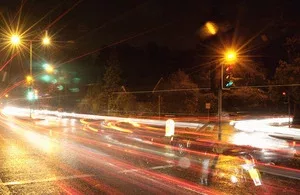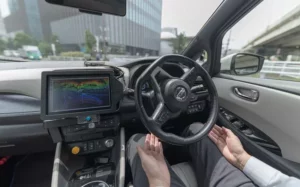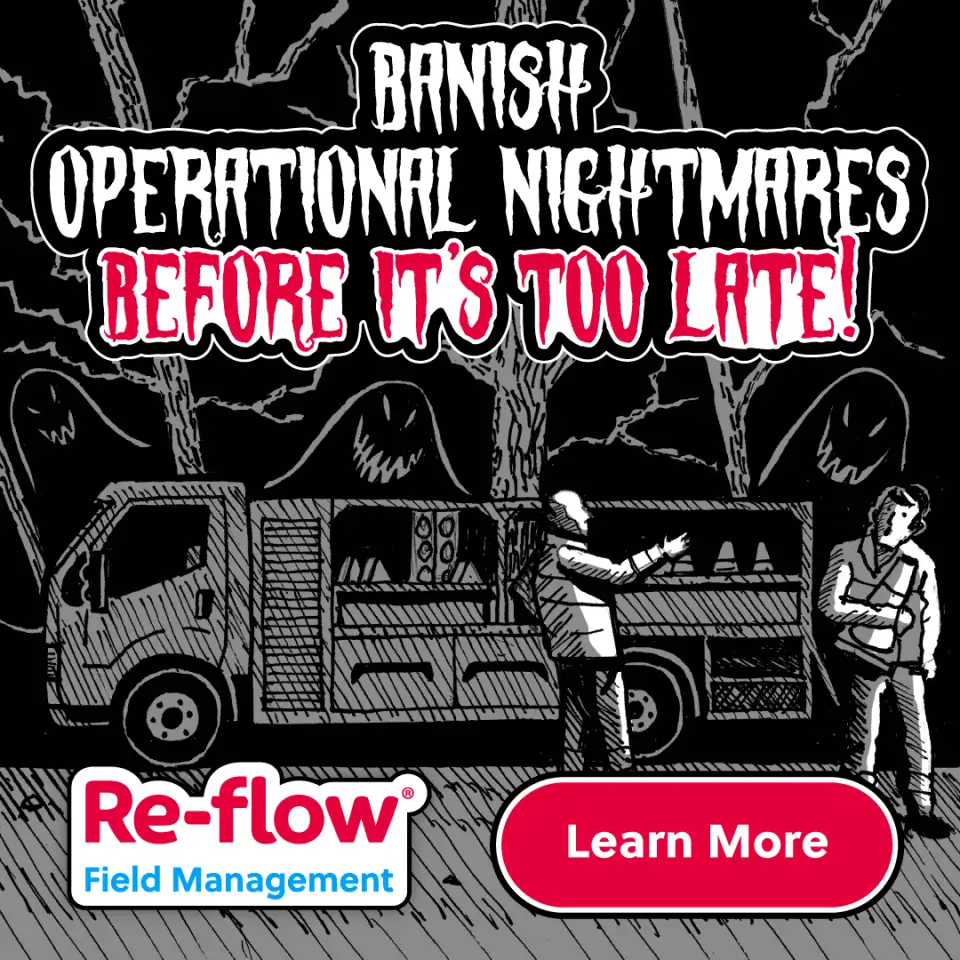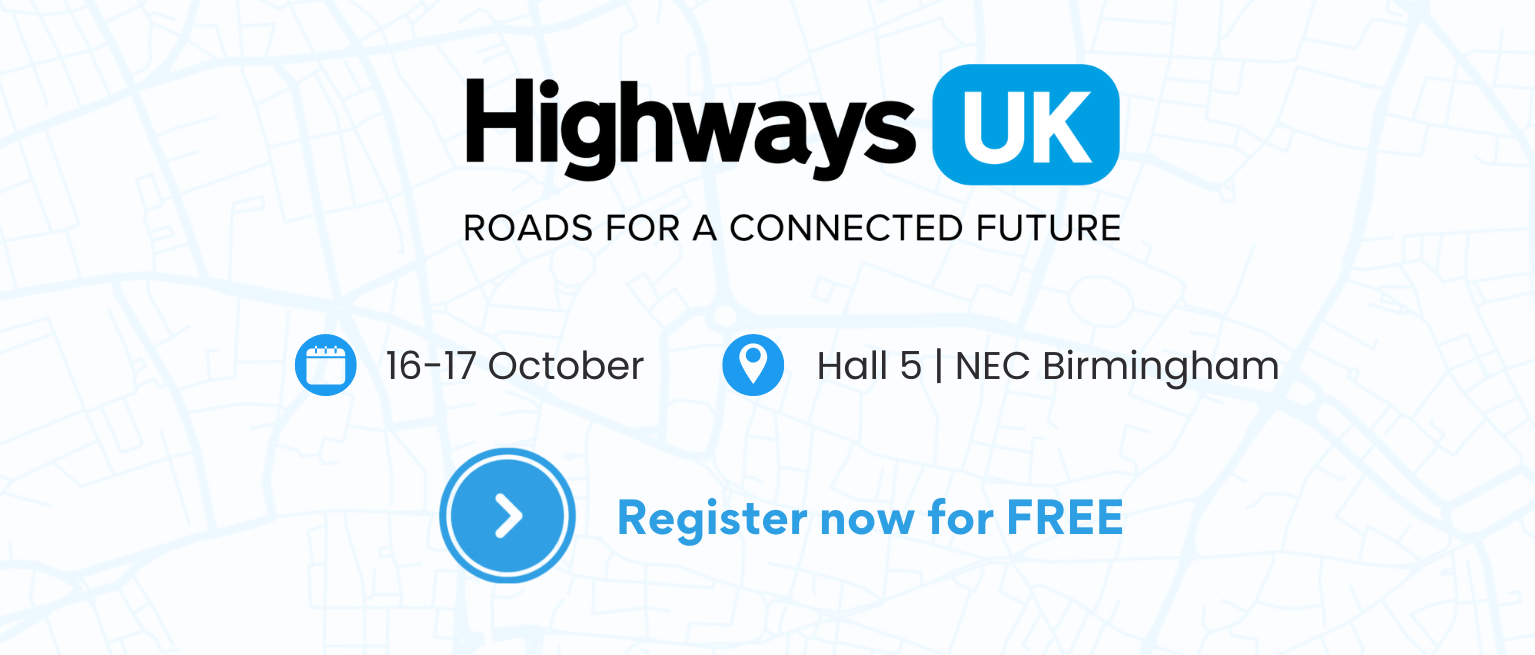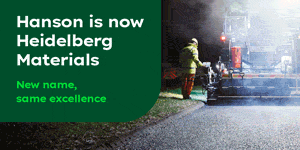Laser scanners are the ultimate benchmark for pavement condition assessment. In spite of their high capital costs, scanners are very effective at measuring road surface distresses and features. Hence, road assessment with scanners is quantitative, reliable, transparent, and traceable. The industry’s experience shows that synchronised 3D data (i.e., depth images) and imagery lead to conclusive and objective evaluations of the condition of the road.

The current industry trend is to use road video footage captured by mobile phones mounted to the car dashboard. Deep learning models, a type of AI that learns from a large set of images or data, are then used to analyse these videos in a qualitative manner. In comparison, a laser scanner precisely measures road condition and quantifies it, which is significantly different to the qualitative assessment of AI. Moreover, present artificial intelligence systems (i.e. neural networks) have no verification mechanism or transparency – they are fallible. In a period where significant attention is paid to AI assurance, DeepRoad complements strengths of modern AI with advanced surface metrology techniques to offer a robust scanning solution for roads.
DeepRoad makes use of powerful deep learning models that are spearheading modern artificial intelligence. The patent-pending technology of DeepRoad complements and cross-checks the results of our AI’s predictions against independent 3D measurements of those areas. Our 3D reconstructions are used to measure every single feature on the road. Our technology requires a single video stream of the road, with a camera mounted to the rear of any vehicle. The technology has also been proven on video streams from action cameras, such as GoPro, available for as low as £300. DeepRoad measures every distress to an accuracy of 4 mm, in 3D, at vehicle speeds up to 25 km/h. An accuracy of 2 mm or better is possible with industrial camera systems working at traffic speeds, enabling accurate macro texture measurements. Such industrial cameras and video recording software cost anywhere from £5000 to £9000, which is still two orders of magnitude lower than the CapEx of laser scanners.
All distress dimensional parameters, except crack depth, can be measured by DeepRoad. Rutting severity, pothole lateral extent and depth, ravelling intensity are some of the available outcomes. The spatial extent of cracking is measured, along with its classification as longitudinal, lateral, alligator, or block. When combined with an independent texture measurement, PCI or RCI values can be derived for road sections.
Our algorithms create accurate 3D models of the road. We use these models to complement and improve the positional accuracy of single-frequency GPS found in consumer cameras.
DeepRoad is offered as a software-as-a-service, which is unique for the industry. It is available as a web application that can be accessed from your office. The web application enables anyone from any geographical location to do surveys and upload their videos to our platform and get the results back in days, as reports, data for road maintenance software, and GIS files.
For further inquiries and for a free trial, contact: [email protected]






